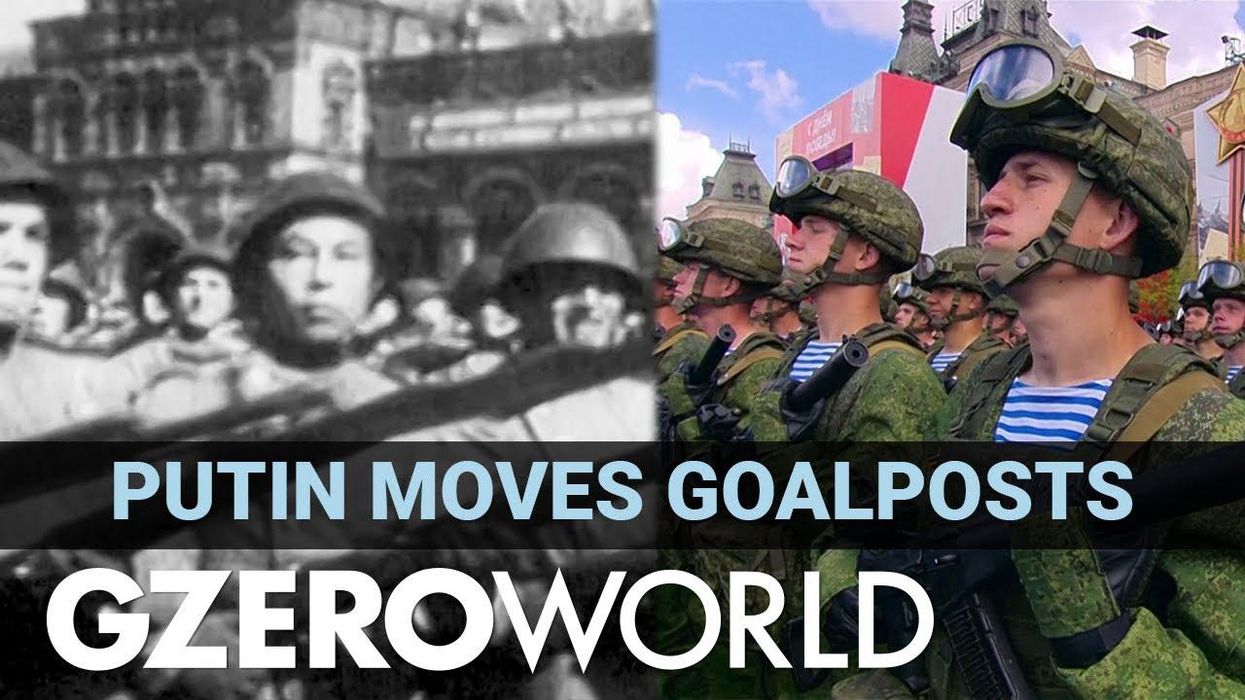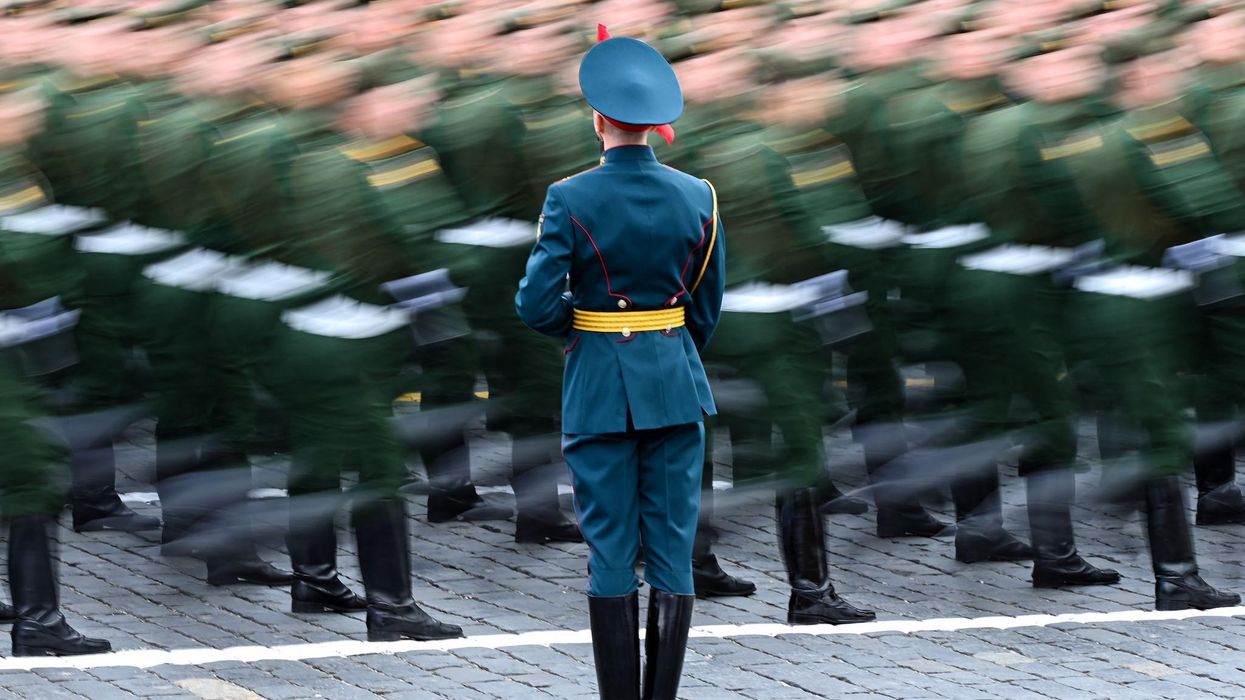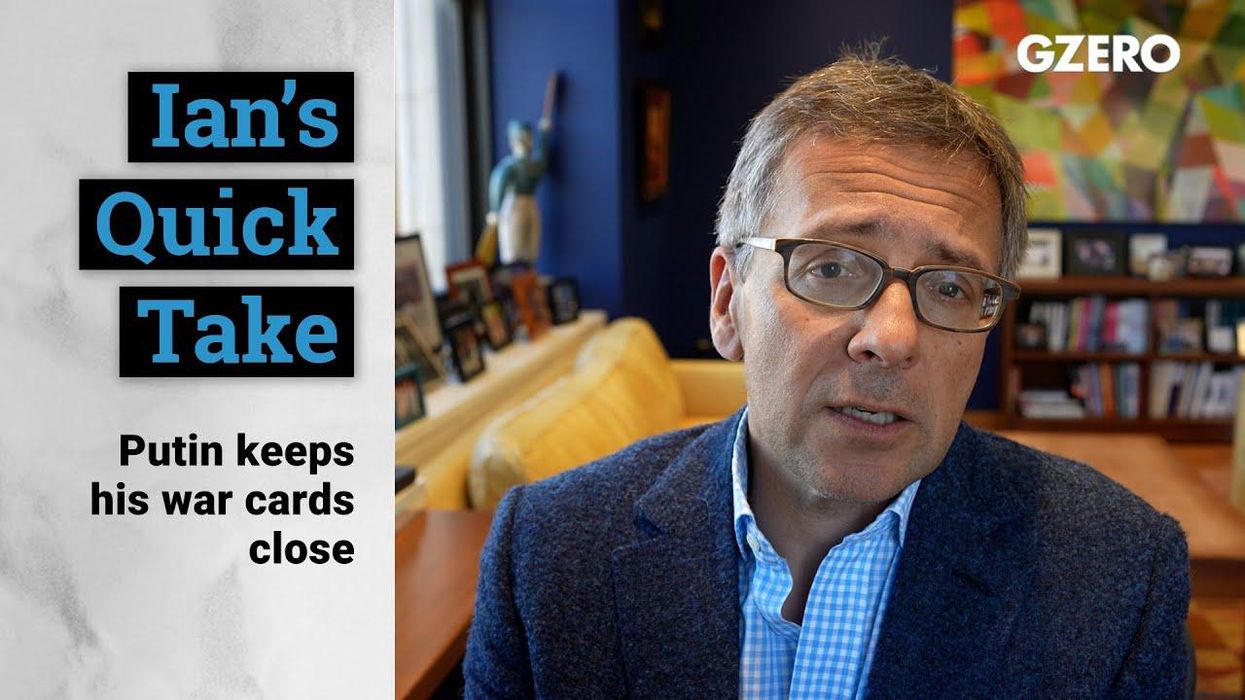GZERO World Clips
Putin couldn't declare victory in Ukraine - so he changed the "war" objectives
For Michael McFaul, Vladimir Putin's May 9 Victory speech was a "nothing burger." But there was something in there that signals his intentions in Ukraine, the former US ambassador to Russia tells Ian Bremmer on GZERO World.
May 12, 2022



